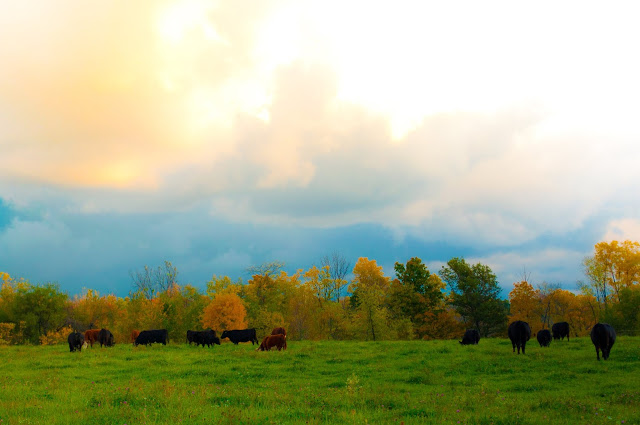Last week I had the privilege of organizing an event for the local farmer-owned cooperative where we welcomed Jolene Brown, a nationally known spokesperson for American agriculture and champion for teaching others how to create a succession plan for the family farm. Basically, she spent the day making us laugh and coaching us through ways to avoid an argument about land values on the way to the funeral home.
It may sound funny, but it is not.
Succession plans are difficult things to talk about for farm families. Partly because we are the kind of people who have a to-do list that doesn’t grant any free time for dying, so we seem to think we never will.
But also, our roots, and even identity, are found in the ground on which we work daily. Most in agriculture are born in the same area their ancestors were, and now make a living off the same land. This land. Those barns. That farm. This house with the unlevel floors, drafty windows and seventh stair that creaks: It isn’t something we want to let go of. So, we tend to have a hard time doing so.
The event was certainly eye-opening for me. Though we’re in our thirties and hope to live another 70 years, I learned that now is the time to get to work on a succession plan. Of course, it’s easy to give all your stuff away when you don’t have much. The most expensive things we own are eating hay just south of the house as I pen this.
Nonetheless, would the kids know what we want to be done with things should something happen? Would they know what cows their grandpa in Kansas might want on his ranch, compared to what could be sold? What about the hot-tempered cow with the split ear, 18A, would they know what sale barn to call first to haul her away? More importantly, what would they do with the 12 antique doors I’ve collected and stored in the barn for “rainy day projects?” Probably the burn pile.
A succession plan will take higher priority as the children grow and we learn their personalities. Today, they love the farm life so much, I have to bribe them out of the barn and into the house with popsicles, even on 15-degree days. But will they still want this lifestyle in twenty-five years? Or will they prefer we sell the farm, the land, and the cattle and they take an inheritance check so they can invest in a condo in New York City or Nashville? It isn’t a question we’ll ask lightly when the time comes.
But for now, we can only focus on building strong kids who are able to make that choice when the time comes.
Two weeks ago, I had a really trying day on the farm, while Cody worked in Montana. I found a sick calf that needed attention because of the swing in the weather. I had two active kids at my side, without lunch or naps. And our vet was running terribly late – at no fault of her own. She was dealing with a prolapse on another farm (What’s the old saying? If everyone threw our problems into a pile, we’d be quick to grab our own back). After being outside in the wet February snow for two hours, we got our calf work done and I let the vet know I’d handle the rest, which included getting the pair off pasture for the night and into the barn. Our amazing vet had more stops to make.
I was tired. I had mud down in my boots and my socks were soaked. My gloves were lost somewhere between the barn lot and the north calf shed. The kids and I got into the house at 4:00 PM and I still hadn’t fed my children lunch. But our kids watched us work until the cattle were taken care of and saw that we did what was right for our farm, our cattle, their future.
I hope they never forget that. I hope they do the same in thirty years. I hope they are an example for the next generation. I hope they work hard, whatever they’re working at. I hope they are stewards and stockmen.
I also hope they forget the day that mom never fed them, but spent two hours bedding calving pens and treating a sick calf.
Perhaps our succession plan should be more about raising good kids who value work, rather than the current market values of beef cattle. Perhaps I should worry more about if they understand the importance of please and thank you, rather than the price per acre of pasture in Indiana. Perhaps I should not think about who will want what when we’re gone, and focus more on what we’re giving our children today: Patience? Affection? Days spent exploring in the sunshine?
What about you? Do you have a plan for your family should life go on without you? But more importantly, are you passing on the values today that will afford them success in days and years to come, whether you’re here or not?
I left the succession plan event feeling pride in how the day went and with a to-do list a mile long. For instance, has our will been updated since Cyrus was born? Good question. Do our children understand that the greatest thing we want to pass on to them is love for people, life and Jesus?
I think I’ll wrap this up here and go get to work on that.
I think I’ll wrap this up here and go get to work on that.







